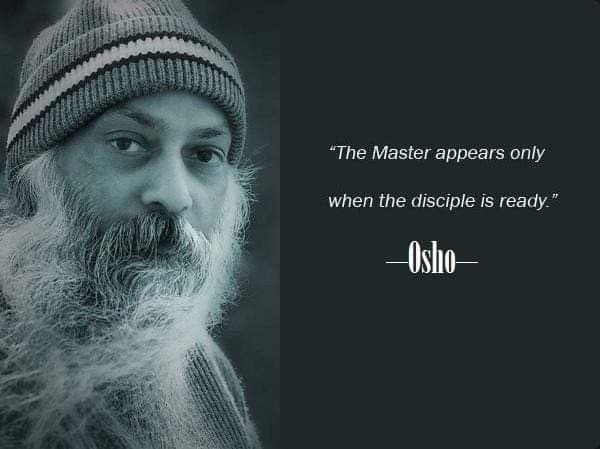
Thoughtless awareness and contentless consciousness
Both thoughtless awareness and contentless consciousness are stages of deep meditation that lead to spiritual clarity and transcendence. While thoughtless awareness is the beginning—a still mind fully engaged in the present—contentless consciousness represents a complete merging with pure awareness itself.

